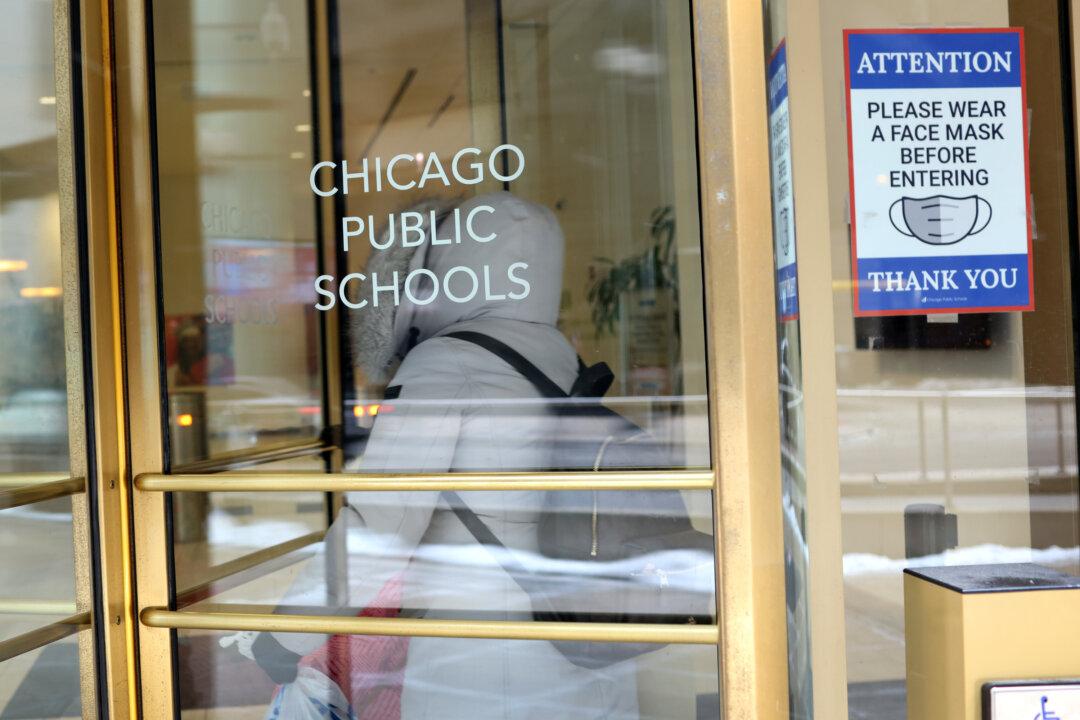Chicago Public Schools (CPS) has revealed that nearly half a million students and over 50,000 staff members have fallen prey to a massive data breach involving the theft of personal information via a ransomware attack.
A technology vendor for CPS called Battelle for Kids notified the school district that, on Dec. 1, 2021, an unauthorized party gained access to 495,448 student records and 56,138 staff records, according to a May 20 statement from CPS.





